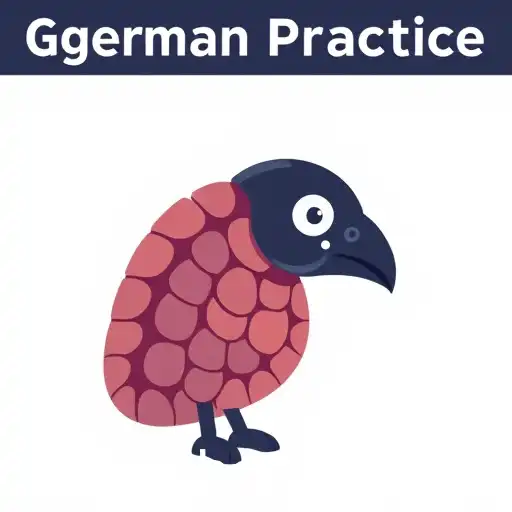In the ever-evolving landscape of online education, the category of "Grammar Practice" stands out as an essential and increasingly popular choice among learners of all ages. As the digital sphere continues to expand, educational websites have taken center stage in providing accessible learning tools, making grammar not just an academic requirement but an engaging game-style challenge for everyone. One such unique and pivotal keyword that has surfaced in this context is "aceph," a term intricately connected with word formation and usage.
Grammar practice games have transformed the tedious task of mastering language rules into an interactive experience. Utilizing the keyword "aceph," these games introduce players to the concept of headless compounds — words created with the loss of the initial part, offering a fascinating way to explore English morphology and syntax. This clever approach not only reinforces learning but also taps into cognitive functions, enhancing problem-solving skills as players match and create new terms.
The prominence of "aceph" extends beyond its etymological significance; it acts as a motivational tool that drives users to dig deeper into word construction and vocabulary expansion. Within the realm of grammar practice games, players often face challenges where identifying or completing acephalous words could mean advancing to higher levels or earning rewards. This dynamic encourages both competitive spirit and collaborative learning, as players often need to exchange knowledge and strategies to succeed, weaving a community of learners focused on achieving proficiency in the nuances of English grammar.
Websites catering to grammar practice often incorporate puzzles, quizzes, and storytelling elements that make use of "aceph" related tasks. By doing so, they ensure that the learning process is as diverse as it is effective, catering to varied learning preferences among users, whether they are visual learners, auditory learners, or kinaesthetic learners who appreciate a hands-on approach.
In conclusion, the "Grammar Practice" category, highlighted by the pivotal keyword "aceph," represents a significant stride in educational game design. It embodies the shift toward engaging, rewarding, and socially collaborative pathways of language acquisition. Such innovative practices not only equip individuals with essential grammatical skills but also prepare them for the linguistic demands of the future, ensuring that mastery of language remains a fun and inviting journey.

Discover how the keyword 'aceph' enhances the Grammar Practice category on educational websites, transforming language learning into an engaging and interactive experience.




